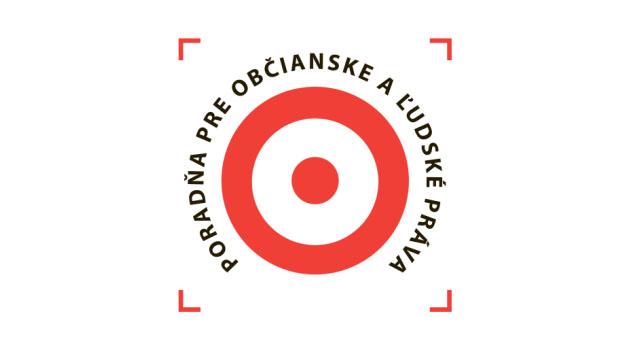Slovak court compensates illegally sterilized Romani woman after 15 years

The Regional Court in Košice, Slovakia has upheld an award of compensation to a Romani woman who was illegally sterilized in the fully requested amount of more than EUR 16 000. In 1999, doctors at a hospital in Krompachy sterilized the woman without obtaining her informed consent to the procedure and it has taken her 15 years to achieve justice through the courts.
“It is positive that the domestic courts have finally awarded a woman who has been harmed in this way adequate compensation. However, the entire proceedings lasted an unbelievable 15 years, and the courts made many errors during that time. For that reason, I am convinced that in this case the courts did not manage to actually provide her effective access to justice,” said the legal representative of the injured woman, Vanda Durbáková.
“At the same time, it must be emphasized that the courts do not have to be the only venue for providing redress and may not be the most effective one when there is the suspicion of such a serious, systemic violation of the human rights of minority members as the forced sterilizations of Romani women,” Durbáková added. “Ultimate it is the Government that should take responsibility. It is on the Government’s initiative that an independent commission should be set up to investigate the entire practice of such unlawful sterilizations and compensate the injured women effectively and quickly. Such a solution is also required by the UN Human Rights Committee. Unlike in the courts, such a commission could deal with the entirety of these practices more comprehensively and could better approximate what the overall nature and scope of them has been in our society.”
The Romani woman is being compensated because she was sterilized during the delivery of her second child by caesarean section. She was not informed in advance about the sterilization by the hospital staff and did not give informed consent to it.
It was only after the procedure had been irreversibly performed that the woman learned she had been sterilized. Therefore, in 2005, she turned to a court to bring an action for the protection of her personality rights.
The defendant was the city of Krompachy, the legal successor to the hospital where the staff committed these actions, which had been closed in the interim. She asked that they be obliged to send her a letter of apology for the unlawful intervention and at the same time, sought compensation for moral damages amounting to 500 000 Slovak crowns and for the costs of bringing the proceeding (Slovakia later adopted the euro in 2009).
The District Court in Spišská Nová Ves repeatedly rejected her case, and its judgments were overturned by the appellate court several times. In 2011, the District Court finally ruled that her rights had been violated by the illegal sterilization and ordered the city of Krompachy to apologize in writing.
That court decision became final. Subsequently, the courts just had to decide on the amount of compensation for moral damages for the illegal sterilization.
In 2017, the District Court ordered the city of Krompachy to pay the victim financial compensation in full. The defendant appealed the amount of compensation and the appeal has now been decided by the Regional Court in Košice.
By this current decision, the Regional Court has upheld the verdict of the District Court, i.e., compensation for the injured woman in the full amount of over EUR 16 000. “This has been a very long journey for me. I’m delighted with the decision, but this money doesn’t make up for what they did to me in that hospital, or for the fact that I can no longer conceive children,” the injured woman said.
Since 2005, free legal assistance to the victim has been provided by the Center for Civil and Human Rights, an NGO. This is just the most recent case concerning the unlawful sterilization of a Romani woman to be dealt with by the courts in Slovakia.
In recent years, the Center for Civil and Human Rights has provided legal assistance to 12 illegally sterilized Romani women in proceedings seeking justice for what was done to them. Several of them did not receive justice until the cases were ruled on by the European Court of Human Rights in Strasbourg.
The illegal sterilization cases were documented by the Center for Civil and Human Rights in cooperation with the US-based Center for Reproductive Rights in 2003 in the publication Body and Soul: Forced Sterilization and Other Assaults on Roma Reproductive Freedom. That report’s conclusions were based on interviews with 230 Romani women from socially excluded communities in eastern Slovakia, most of whom reported that they had been sterilized without their prior informed consent.
In recent years, several international institutions that monitor compliance with international human rights treaties have urged the Slovak Government to take steps to effectively investigate this practice and to ensure that victims have access to justice. In 2016, the UN Human Rights Committee recommended that the government take responsibility and set up an independent body to investigate the practice.
In 2018, the Slovak Public Defender of Rights also issued an opinion on this issue, stating that the main responsibility for resolving it lies with the executive and legislative branches. According to her, access to justice for victims could be ensured by adopting special legislation.
